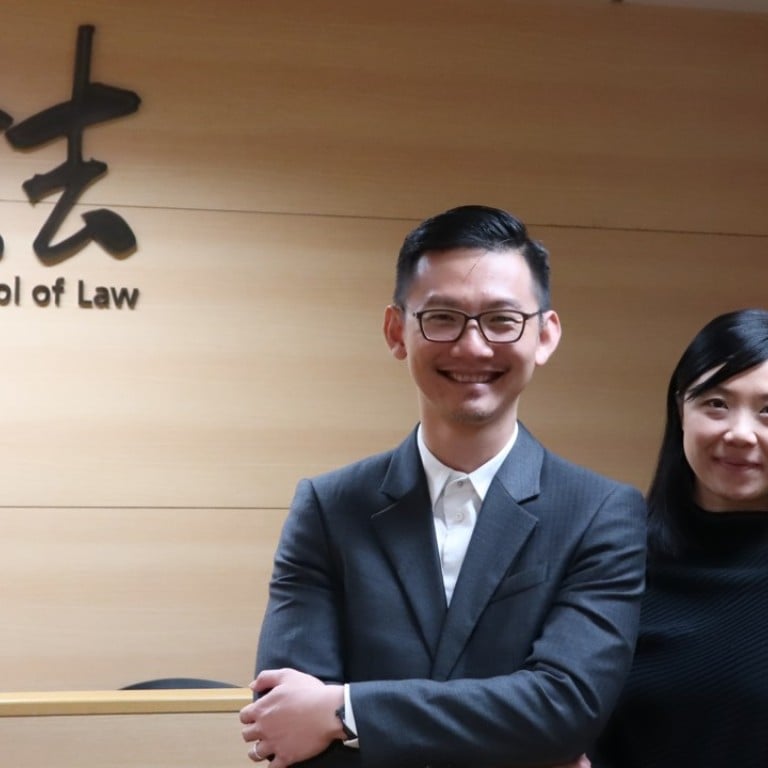
Cross-border legal studies yield value
- CityU core courses and G-LEAP scheme teach mainland public and private law, equipping students to deal with Chinese and foreign courts and lawyers
Measured just by admission numbers, the bachelor of laws (LLB) programme taught at CityU may not be the largest in town, but all those involved believe that gives them a definite advantage.
“Our comparatively small size ensures that students within a cohort develop a close camaraderie that is difficult to achieve in larger groups,” says the director, professor Kelvin Low. “The same is true for faculty members who, in terms of teaching, are able to collaborate more easily and readily than they could in a larger law school. And our size allows us to provide greater personalised support for students in areas like career development, résumé writing and general counselling.”
The programme includes a balance of courses which are inherently more theoretical, and those which are more practical. Modules on legal research and writing, as well as mooting and a legal placement, are in the latter category. But even on courses centred on legal theory professors stress social, cultural, historical and economic contexts which have shaped the law into its present form.
In 2016, the school decided to introduce two new complementary core courses – one on public law, the other on private law in the mainland.
“We felt that a basic working knowledge of both was important to ensure our graduates are equipped for practice,” Low says. “The domestic market for legal services is limited, and many lawyers will have dealings involving mainland law, given the extent to which the economy is interconnected.”
This has the added benefit of giving students an insight into comparative law without requiring a specific extra course. That is because the mainland system is based on civil law, the world’s other major legal framework, as opposed to Hong Kong’s common law heritage.
“Seeing how different legal systems tackle the same sort of problems, particularly when the systems follow different traditions, lets students see other perspectives and better equips them to resolve complex cases.”
In parallel, the legal placement course is a chance to offer practical experience with Hong Kong law firms and in mainland courts. This year the scheme was extended to include South Korea.
“At the moment, we are looking to expand the immensely popular G-LEAP course which offers the chance to study overseas for a shorter period than a standard student exchange,” says associate director Anna Lui. Students can spend a month at Monash University in Melbourne and University College, Oxford.
